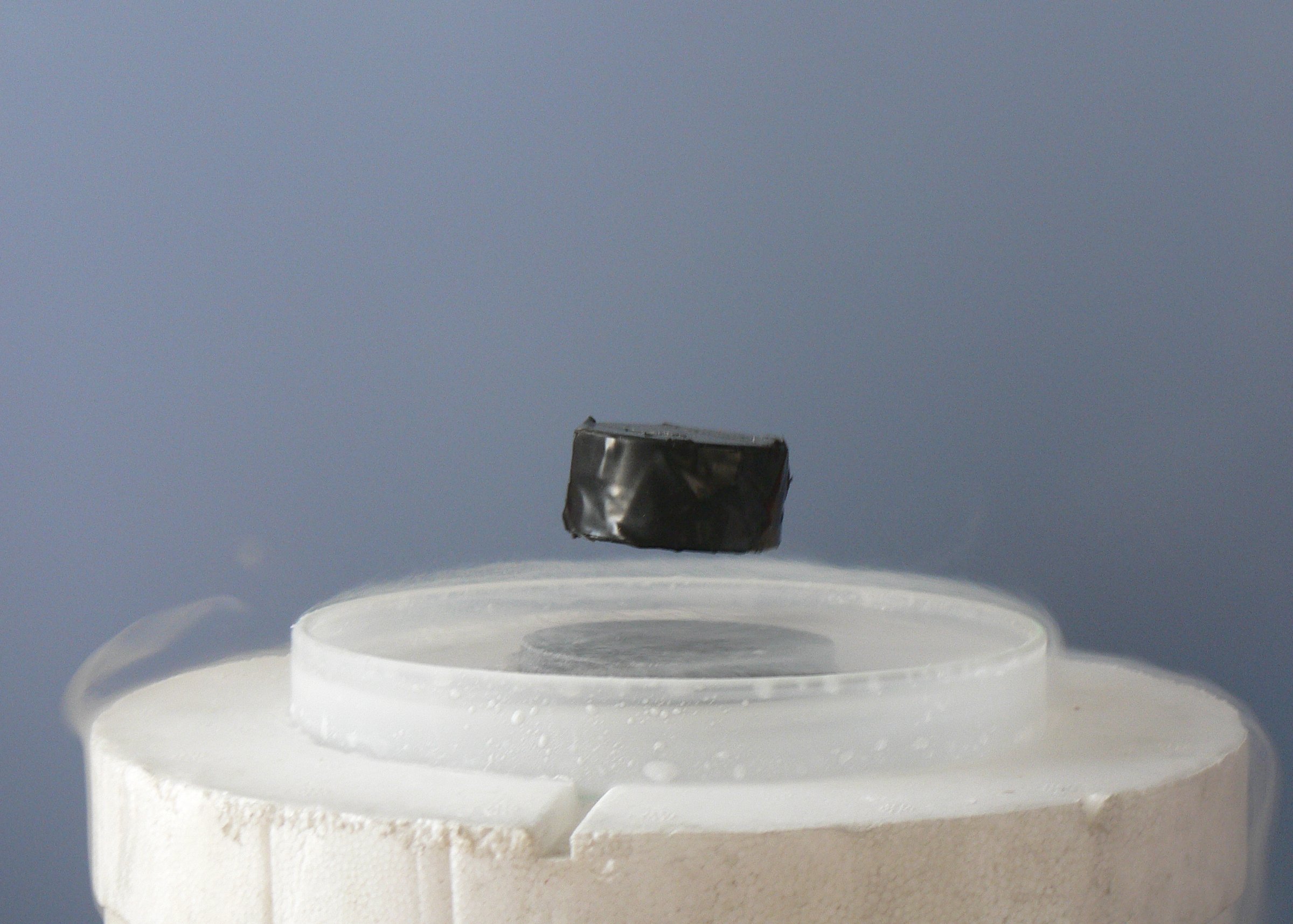
Photo from academic.microsoft.com
Maximizing the solar heat gain through windows in winter and minimizing the solar radiation entering the room in summer are of great significance for the energy saving of buildings. Here,… Click to show full abstract
Maximizing the solar heat gain through windows in winter and minimizing the solar radiation entering the room in summer are of great significance for the energy saving of buildings. Here, we present a new idea for transparent metasurfaces, based on asymmetric metal/insulator/metal (MIM) nanostructures, which can be switched back and forth between absorbing and reflecting solar radiation by reversing the sample orientation. Owing to the fundamental mode of a low-quality-factor resonance, a selective near-infrared absorption is obtained with an absorption peak value of 90% upon front illumination. The average solar absorption (45%) is about 10% higher than that (35%) of reported transparent absorbers. The near-infrared light is also strongly and selectively reflected upon back illumination and a reflection peak value above 70% is observed. Meanwhile, the average visible transmission of the metasurface is above 60%, which is about 1.6 times that (36%) of previous transparent metasurface absorbers. In addition, Cu material can replace the noble metals in this work, which will greatly reduce the manufacturing cost. Owing to the attractive properties of directional and selective absorption, passive operation mode, and low cost of the materials, the metasurfaces have promising prospects in building energy saving or other solar applications where surface transparency is desirable.
Journal Title: Materials
Year Published: 2020
Link to full text (if available)
Share on Social Media: Sign Up to like & get
recommendations!